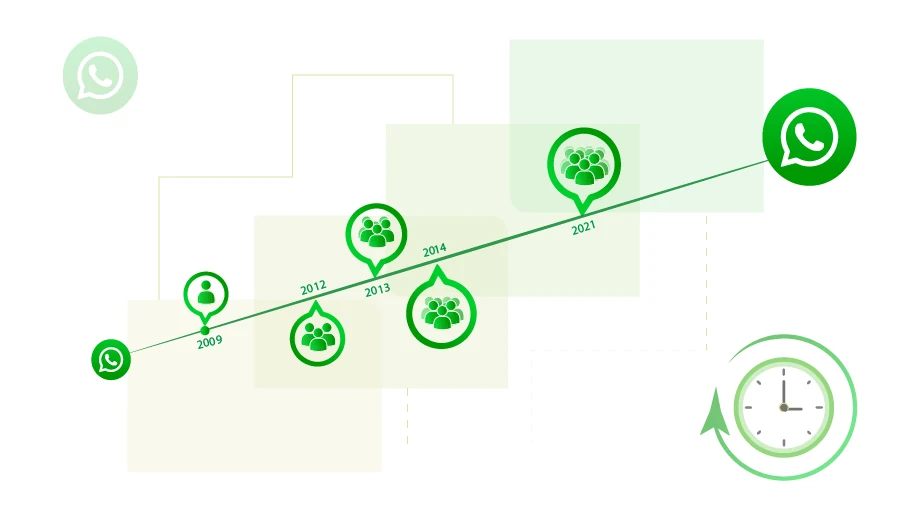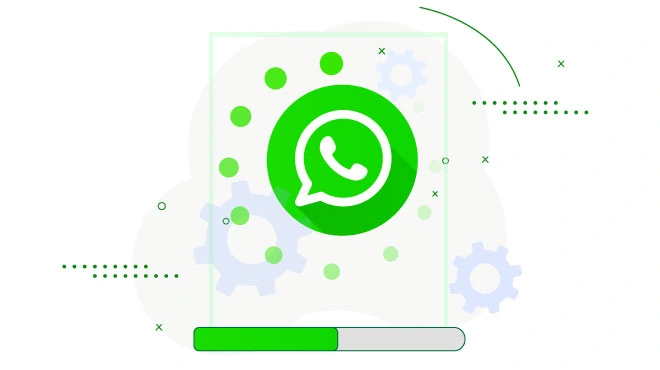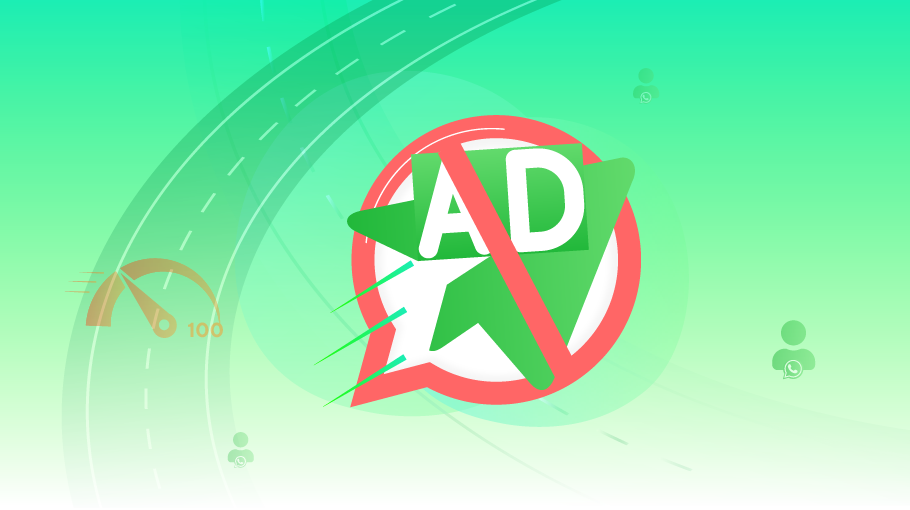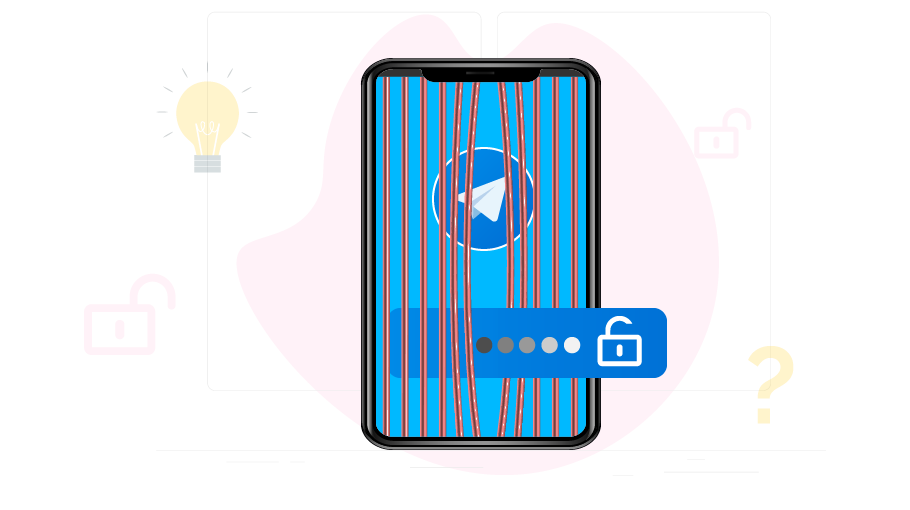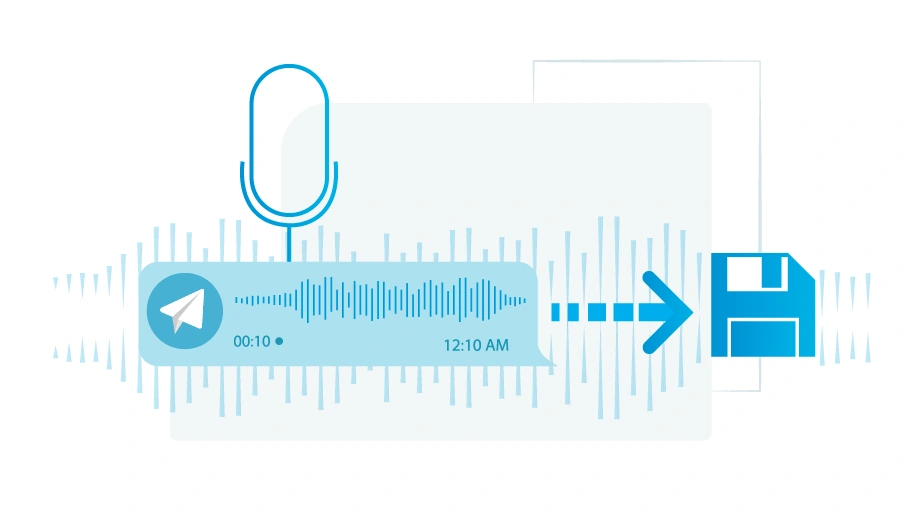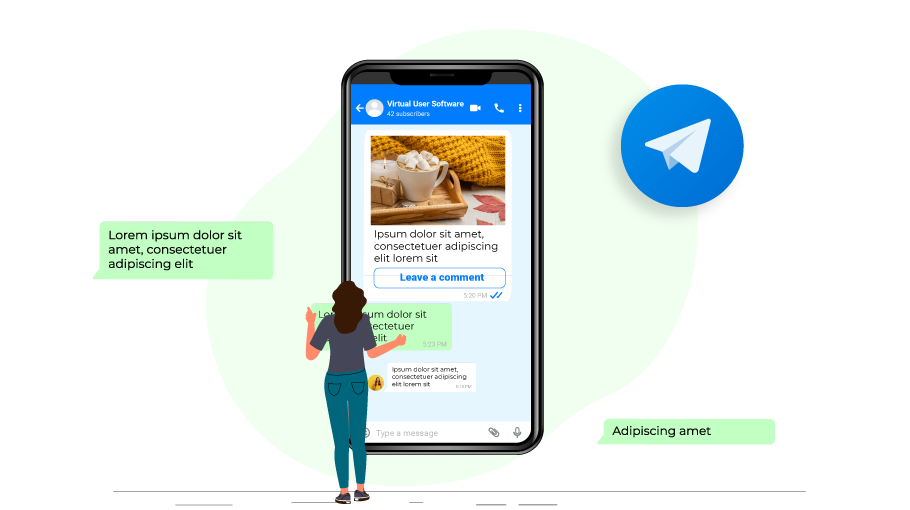WhatsApp History
Table of content
Jan Koum, the founder of the WhatsApp application, was born in February 1976 in Kyiv, Ukraine. Jan Koum, the CEO and founder of WhatsApp, sold the application to Facebook founder in 2014. WhatsApp application has made Jan Koum one of the 100 wealthiest people in the world, with over 10 billion assets.
In the following content, join us to get acquainted with the history of WhatsApp, one of the world's most popular and valuable messaging applications.
Who is Jan Koum, the founder of WhatsApp?
Jan Koum was born near the capital of Ukraine, Kyiv. Jan Koum had a tough childhood living in a village and not having facilities such as water, electricity, telephone, etc., which led him to migrate to the United States to change his situation. Jan Koum's migration to the United States took place in 1992. Members of Jan Koum's family, after migrating to this country, were able to create a new life for themselves through social assistance.
After migrating, Jan Koum started working in a supermarket, and his mother also cared for children. This situation made their financial condition better. Jan Koum has been interested in computer science since childhood, so he tried to learn it by buying second-hand and inexpensive books.
The years 1997 to 2000 brought many changes and events for Jan Koum. Jan Koum's parents passed away in these three years, and he dropped out of university forever due to the problems that arose.
Leaving the university did not prevent Jan Koum's interest in computer science, and he achieved high abilities in this field by reading numerous books, So much so that he worked as an infrastructure engineer at Yahoo. Working at Yahoo was not for Jan Koum Because he met a man named Brian Acton and made many changes in his life and work. Brian Acton had a position as a brother, friend, and mentor for Jan Koum and helped him to go through the hardships of his life more easily.
After nine years of friendship and cooperation at Yahoo, Brian Acton and Jan Koum finally left their jobs at the company with a 12-month leave of absence. After their job application to Facebook was rejected, the two friends migrated to South America and embarked on a new WhatsApp project.
The idea of WhatsApp was born
The idea of making WhatsApp came about when Jan Koum bought an iPhone. Jan Koum, observing the popularity of the App Store and its high popularity in a short time, started research and investigation to design and launch the WhatsApp app with the help of Alex Fishman. From the time the idea of creating the WhatsApp app took shape in Jan Koum's mind, He weighed three essential rules for the functioning of this messenger. These three rules are:
- There will be no advertising in the WhatsApp program at all.
- Messages will not be stored, and user private information will always be secure.
- WhatsApp will provide a good user experience for users
Finally, on February 24, 2009, the WhatsApp messenger was launched in California. In the early stages, due to the lack of user acceptance, Jan Koum was very disappointed, so much so that he thought about finding a new job. But Brian Acton, his friend and constant partner, encouraged Jan Koum and strengthened his motivation to work on WhatsApp. Finally, after a few months, this program became very popular with the integration of notifications by Jan Koum.
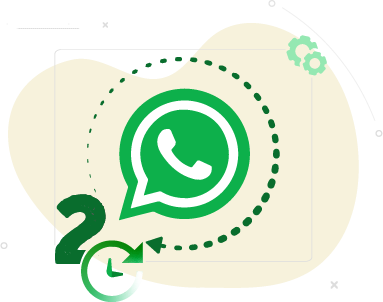
The Second WhatsApp Update Was Released
They soon released the second WhatsApp 2.0 update. This turned WhatsApp into an instant messaging app. Therefore, the first version focused on status updates, then the second WhatsApp update on instant messaging. It can be said that WhatsApp we are using today is the most advanced form of the second version.
The program was downloaded by more than 250,000 people and gradually began to grow. Brian Acton was still unemployed, and John Koum invited him to work on WhatsApp. Since John was the creator of the WhatsApp idea, he had a bigger share.
At the time, Red Rock Café in Mountain View was used as WhatsApp office. Then, they received a $250,000 investment from their former Yahoo co-workers.
The app, which had been remained in Beta version for months, was launched in November 2009 on the App Store for iPhone only. Later, thanks to a software developer named Chris Pfeiffer, the Android version was also developed.
A small office was rented to continue working. There was not even a sign on the door of the office. For several years, the two founding partners, John Koum and Brian Acton, spent the most amount of money for sending confirmation messages to WhatsApp users. However, the monetary nature of the WhatsApp application helped them to cover the costs of that time. Sometimes, they changed the program to free version and accelerated its growth.
WhatsApp became one of the top 20 US apps in the App Store in 2011.
WhatsApp Found an Invester
Jim Gutz had been following the WhatsApp situation closely from Sequoia Capital. It took a long time for Goetz to reach Koum and Acton. Finally, Gotz met the founders at Red Rock Cafe, and in April 2011 received a $8 million investment from Sequoia Capital, asking that no ads should be placed on WhatsApp.
By 2013, WhatsApp had 200 million users and 50 employees. It did not take long for WhatsApp to surpass its main competitors and reached 1 billion users.
Facebook Bought WhatsApp
And of course, this success was not remained hidden from the eyes of Mark Zuckerberg!
Zuckerberg first contacted the founders of WhatsApp in January 2012. After several sessions in Silicon Valley, Mark suggested to John Koum to join Facebook.
In April 2014, WhatsApp officially joined the Facebook family. It cost exactly 19 $ billion! John Koum, a 37-year-old Ukrainian who founded WhatsApp, did not want to sign the contract to sell his messaging service at the headquarter of his company.
He signed the contract of sale while leaning against the windows of an abandoned building that was formerly a social services office and once stood in line with his mother to receive food with a public aid card.
WhatsApp is becoming more and more popular. Although its founders do not have a good relationship with Facebook right now, the app is getting more reliable almost every week with the released.
